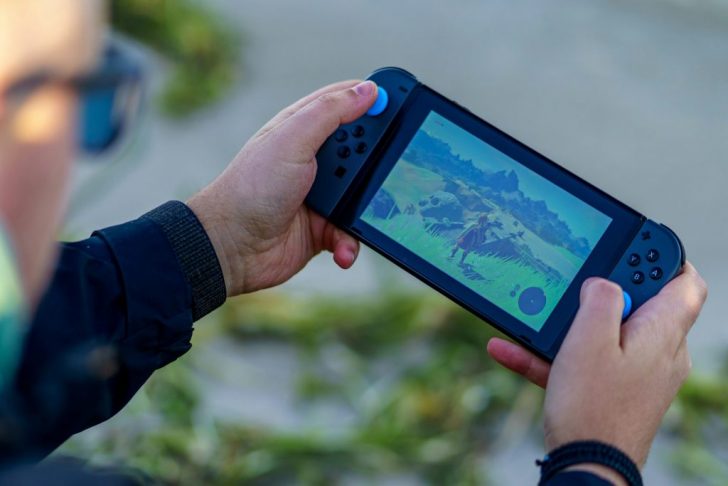Is robotics a sport? This question has been buzzing around for quite some time now, and it is high time the world acknowledges the obvious. Yes, robotics is a sport, and it deserves recognition just like any other competitive activity. The International Olympic Committee already recognizes chess and bridge as sports.

The concept of robotics as a sport is not new. It took a competitive form back in 1989 with the founding of FIRST® (For Inspiration and Recognition of Science and Technology). This initiative transformed robotics from a mere academic pursuit to a thrilling competitive event.
FIRST® competitions are intense, requiring not just technical know-how but also strategic planning, teamwork, and creativity. These are the same qualities you would expect in traditional sports like football or basketball.
Why Robotics Isn’t Recognized As A Sport Yet?
So, why isn’t robotics universally recognized as a sport? One reason is the lingering stereotype that sports must involve physical exertion. However, this notion is outdated. If mental agility and strategic thinking can be celebrated in sports like chess and bridge, then robotics, which demands a blend of physical construction and mental strategy, definitely qualifies.

These nations host numerous robotics competitions, drawing participants from all over the world. The excitement and energy at these events are palpable, rivaling that of any major sporting event. The audience, filled with enthusiasts and families, cheers on their favorite teams, creating an electric atmosphere.
Why Robotics Should Be Considered A Sport?
The structure of robotics competitions mirrors that of traditional sports. Teams prepare rigorously, building and programming their robots to meet specific challenges. The competition day is filled with rounds of matches, each one testing the robots’ capabilities and the teams’ strategies. Just like in any sport, there are winners and losers, and the thrill of victory is matched by the lessons learned in defeat.
Robotics also fosters a sense of community and teamwork. Participants work together, pooling their diverse skills and knowledge to achieve a common goal. This collaborative spirit is a hallmark of sportsmanship, proving once again that robotics fits the definition of a sport. The friendships and networks formed during these competitions often last a lifetime, similar to those in traditional sports.
Another compelling argument for recognizing robotics as a sport is its educational value.

This educational aspect does not detract from its status as a sport. Rather, it enhances it, providing participants with life skills and career opportunities.
Robotics Games are For Everyone!
Robotics competitions are not just for students and tech enthusiasts. They attract a wide range of participants, from young children to seasoned engineers. This inclusivity is another characteristic shared with traditional sports, where people of all ages and backgrounds come together to compete and enjoy the activity.
Despite its clear qualifications, the journey to recognition has its hurdles. Traditional sports have a long history and cultural significance that robotics is still building. However, with the rapid advancement of technology and the increasing popularity of STEM activities, it is only a matter of time before robotics earns its rightful place.
The media also plays a crucial role in this recognition. More coverage of robotics competitions can help shift public perception. Showcasing the excitement, the teamwork, and the sheer ingenuity of these events can help people understand why robotics deserves to be considered a sport.




